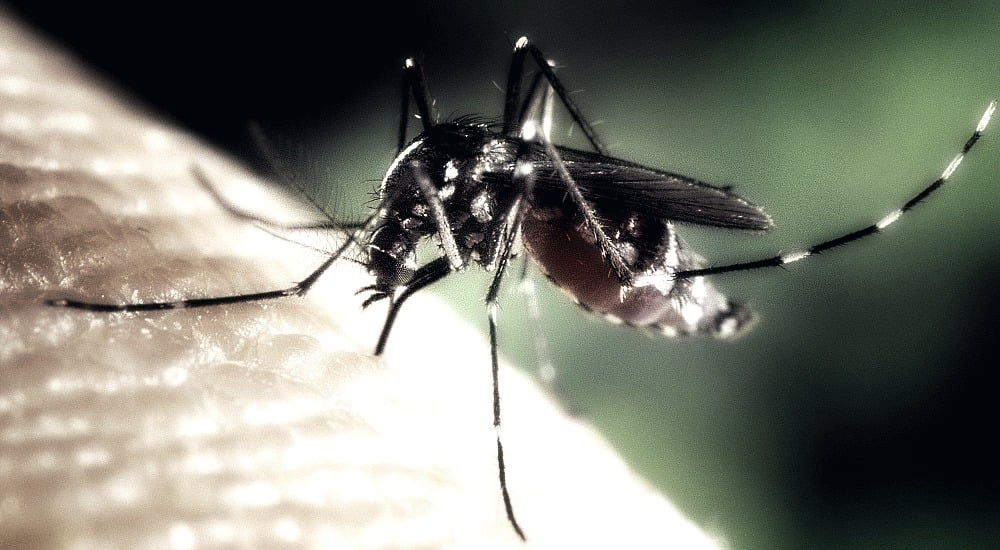As the number of dengue cases continues to rise across Malaysia, understanding the causes, impacts and implementing effective solutions is very important.
Dengue fever, a mosquito-borne viral disease, has become a significant public health concern in our country, affecting thousands of individuals each year.
In Selangor alone, the accumulated number of cases from December 2019 until June 15 this year was 26,653 cases.
This article aims to shed light on the factors contributing to the dengue outbreak, its impacts on the population, and the strategies being employed to combat this pervasive disease.
Several causes contribute to the alarming increase in dengue cases in Malaysia.
One of the primary causes is the presence of the Aedes mosquito which thrives in urban areas and lays eggs in stagnant water.
Rapid urbanization, population growth, inadequate waste management and improper water storage provide breeding grounds for these mosquitoes, facilitating the transmission of the dengue virus.
Deforestation due to rapid urbanization may disrupt the natural ecosystem, leading to the displacement of animals including mosquitoes.
Deforestation also eliminates crucial shade, creating favorable micro climates for mosquitoes to breed.
On the other hand, improper water storage can also be attributed to rapid urbanization.
Increasing construction sites over the years have significantly created more sites for water storage, such as discarded tires, construction materials and improperly managed water containers.

The impact of dengue outbreak on the Malaysian population is significant. Not only does it pose a grave threat to public health, but it also burdens the healthcare system and places a strain on resources.
Severe cases of dengue can result in hospitalization, and in some instances, fatalities.
The influx of dengue cases, particularly during peak transmission seasons, leads to overwhelmed healthcare facilities and suboptimal patient care.
Treatment of dengue also poses a significant financial burden on individuals, families and the healthcare system.
The cost of hospitalization, diagnostic tests, medications and follow-up care can be substantial, especially among lower-income populations.
Increased expenditures on managing dengue outbreaks will no doubt strain healthcare budgets, diverting resources from other essential health services.
Beyond the physical toll, dengue fever affects individuals’ quality of life, leading to absenteeism from work or school, economic hardships and psychological distress among those affected and their families.
To combat the dengue outbreak, Malaysia has implemented a multi-faceted approach focused on prevention, surveillance and community engagement.
The government has intensified efforts to eliminate mosquito breeding sites through community clean-up campaigns, proper waste management and public awareness programs.
Additionally, vector control measures such as fogging and larviciding are constantly carried out in high-risk areas.
Furthermore, collaboration between government agencies, healthcare providers and local communities has been crucial in raising awareness, sharing information and fostering a collective response to dengue.
Educational initiatives targeting schools, workplaces and households have been launched to promote behavioral changes among people from all walks of life, including the proper use of mosquito repellents, wearing protective clothing, and eliminating stagnant water sources.
In conclusion, the dengue outbreak in Malaysia poses a significant challenge, but progress can be made in curbing the spread of the disease through concerted effort and a holistic approach.
Malaysia is taking proactive steps toward reducing the burden of dengue on its population by addressing the root causes, enhancing mosquito control measures and promoting community engagement,.
However, continued vigilance, sustained funding and ongoing research are essential to achieve long-term success in combating this public health crisis.
As Malaysia continues its battle against dengue, all stakeholders must remain committed to collaborative efforts, staying informed, and implementing effective preventive measures.
By working together, we can overcome this dengue outbreak and create a safer, healthier, and hopefully and ideally a dengue-free future for all Malaysians.
(Nurin Atheera binti Hairudin, Si Zhao Xuan, Ng Kai Jian, Shum Wai Seng and Yap Wey Lim are medical students of Universiti Malaya.)
ADVERTISEMENT
ADVERTISEMENT



































